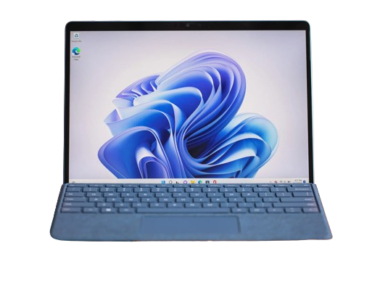Neurotechnology employer Neuralink, which was started with the help of Elon Musk, has published a video of an affected person using a brain implant to play chess on a PC. This is a super display of technological prowess. This tremendous improvement is a massive leap forward in mind-pc interfaces (BCIs). It gives us several options for how people and computer systems can paint together in destiny.
A Look at the Future with the Neuralink Revolution
Neuralink’s purpose has continually been to make high-bandwidth mind-machine connections that may be implanted larger. The new video shows how far they’ve come and how smart their age is. When the affected person has a Neuralink device, they can play chess on a computer without touching the pieces. Deciphering neural alerts and turning them into virtual orders is how this is executed, which used to look like something out of technological know-how fiction.
A Look at the Science Behind the Magic
Neuralink’s massive fulfillment is a complex implant referred to as the Link. During surgery, this tool, about the scale of a coin, is positioned into the cranium and immediately links with the neurons in the brain. People can control outdoor gadgets with their minds. hey can go to the link, which sends and decodes brain pastimes.
The example of playing chess suggests how particular and responsive the implant is. The device could help the user deal with the virtual chessboard without any trouble by way of identifying what actions they suggest. This management level is made feasible through complicated algorithms and machine-studying techniques. That usually changes primarily based on how the person thinks.
What This Means for Medicine and Other Fields
The generation in the back of Neuralink may be used for more than just playing chess. In medicine, BCIs like Neuralink’s should change how neurological accidents and illnesses are handled. People who are paralyzed or have motor problems could regain management of their surroundings, talk more really, and stay more independent.
Researchers can also be capable of studying how the mind works by reading complicated neural approaches. This ought to result in new treatments for illnesses like epilepsy, melancholy, and Alzheimer’s ailment.
Thoughts and Problems About Ethics
Though the prospects are fascinating, the progress in mind-pc interfaces brings up crucial moral and social troubles. Concerns about privateness, safety, and the ability to abuse the era have to be taken into account because it develops. Additionally, the invasive nature of the implant process and the iconic results in the brain are regions that want more research and policies.
The Way Ahead
The chess film from Neuralink is just the start. The institution is constantly making improvements to its era so that the implant is safer, extra sturdy, and to be had by more human beings. Collaboration with scientists and regulatory bodies. As well as clinical trials and other varieties of observation, are essential parts of this adventure.
In end
Neuralink’s show of an affected person playing chess with a mind device is a big deal. That suggests how beneficial mind-laptop interfaces can be as long as this organization remains actual to itself. It has the electricity to trade lives, particularly for people with neurological conditions. On the other hand, the trip there may be full of technical and moral issues. When you stroll this road, you need to be very careful. Still, the vacation spot offers a destiny wherein the lines between thoughts and technology are blurred, beginning up a world of opportunities that have been as soon as simplest imagined.






